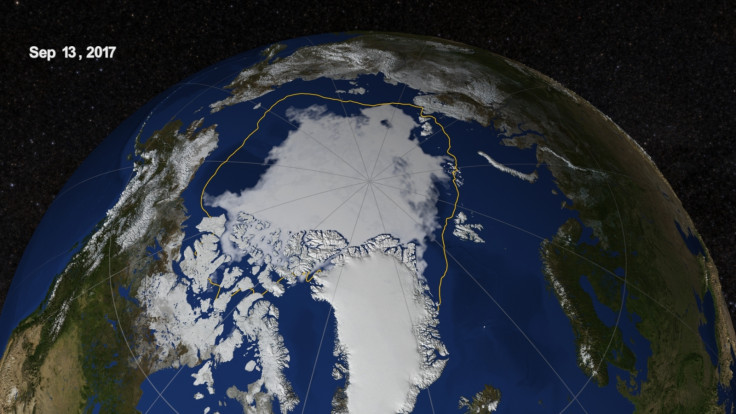World's major fishing nations strike deal to ban fishing in Arctic Ocean for at least 16 years
The countries involved have agreed that before fishing takes place, they will establish appropriate measures for conservation and management.

Major fishing countries like Canada, China, Denmark, Iceland, Japan, South Korea, Norway, Russia and the United States along with the EU have agreed to halt their commercial fishing activities in the Arctic Ocean for at least 16 years.
Canada's Fisheries Minister Dominic Leblanc made this announcement, saying, "no commercial fishing will take place in the high seas portion of the central Arctic Ocean while we gain a better understanding of the area's ecosystems," reports Phys.org.
The countries have agreed to the deal as the rapidly warming northern Tundra is causing a lot of changes in the distribution of fish stocks that might become more attractive to those involved in this industry in the medium to long-term.
The Arctic region, most of which was once permanently frozen, is warming at nearly twice the global average rate and its waters are becoming more accessible.
The countries involved have also agreed that before fishing takes place, they must establish appropriate measures for conservation and management. The parties involved have committed to joint scientific research and monitoring of these waters to gain a better understanding of the changing Arctic ecosystem, noted the report. Doing this is expected to also support commercial fishing in the high seas.
The agreement that the countries have signed is a legally binding one. Karmenu Vella, EU Commissioner for the Environment, Fisheries and Maritime Affairs, called this decision, "historic". "It will fill an important gap in the international ocean governance framework and will safeguard fragile marine ecosystems for future generations," Vella said.
All parties involved must still ratify the agreement, according to the report. The agreement covers an area of 2.8 million sq km.
The US and other countries have been working on for a few years now on this effort, reports Phys.org. In August of this year, several European countries came together to call for a ban on fishing and hunting of marine life in the Arctic. A need for the ban was acknowledged at the time, and it has now been made official.
According to Nasa, the Arctic sea is melting at a worrying pace. It was reported that this year's summer melt was "higher than usual" in the region.






